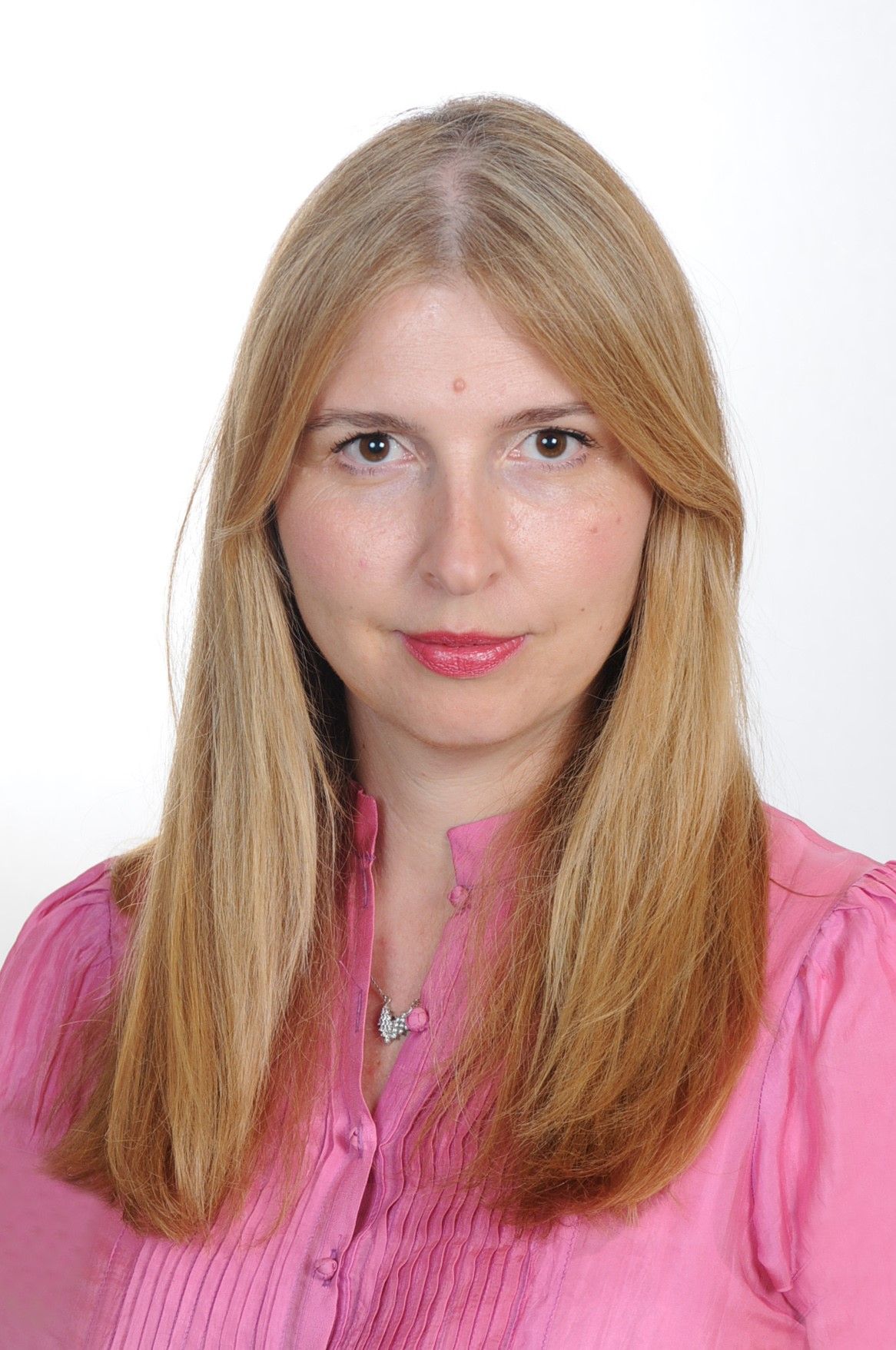Federated Hermes has launched a Biodiversity Equity Fund with insights from the Natural History Museum.
The Fund is managed by Ingrid Kukuljan, head of impact and sustainable investing and is classed at Article 9 under SFDR criteria. It aims to invest in six biodiversity themes: land pollution, marine pollution and exploitation, unsustainable living, climate change, unsustainable farming, and deforestation. Sonya Likhtman, engagement specialist, will be the dedicated engager on these topics for the fund, supported by EOS at Federated Hermes.
The Natural History Museum has developed a scientifically rigorous metric, the Biodiversity Intactness Index (BII), which estimates the loss of biodiversity across an area using a combination of land use, ecosystem, species and population data to give a simple figure for ‘intactness’, that is, what percentage of the area’s natural ecological community still persists there. Last year, the Museum opened up the BII data through an online tool, the Biodiversity Trends Explorer, to enable users to compare the state of local ecosystem biodiversity among countries as well as how different possible economic futures will affect nature in developed and developing countries over the coming decades. Ingrid and her team are making use of such data to help support and inform investment decisions for the strategy.
Federated Hermes and the Natural History Museum have been working together to explore how the Museum’s biodiversity experts and data scientists can help establish the bridge between observed biodiversity impacts, and the products and services that investment companies enable. Federated Hermes will also donate 5% of the net management fee revenue from this Fund to the Natural History Museum.
Kukuljan said: “We are gaining critical knowledge by using the data that go into the Natural History Museum’s Biodiversity Trends Explorer and we are delighted to donate money to fund the Museum’s work as the custodian of one of the world’s most important scientific collections.”








